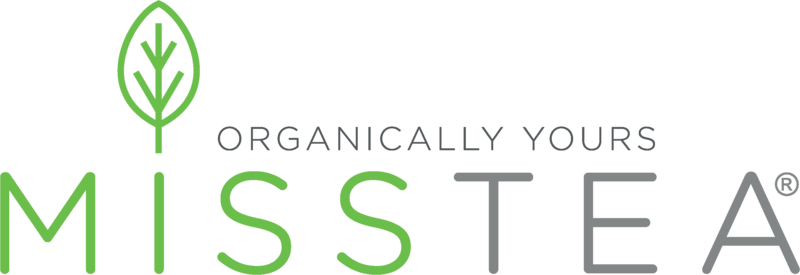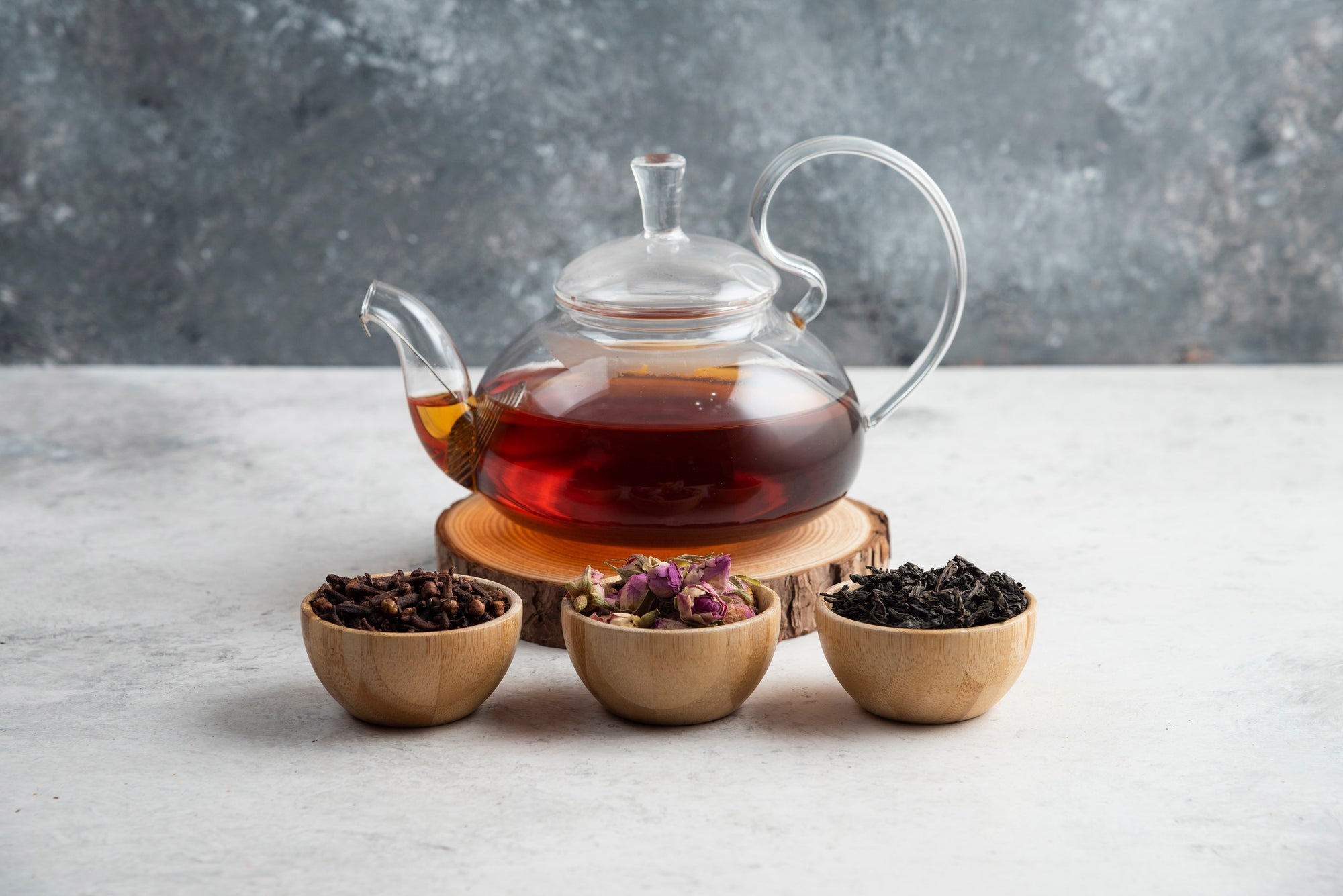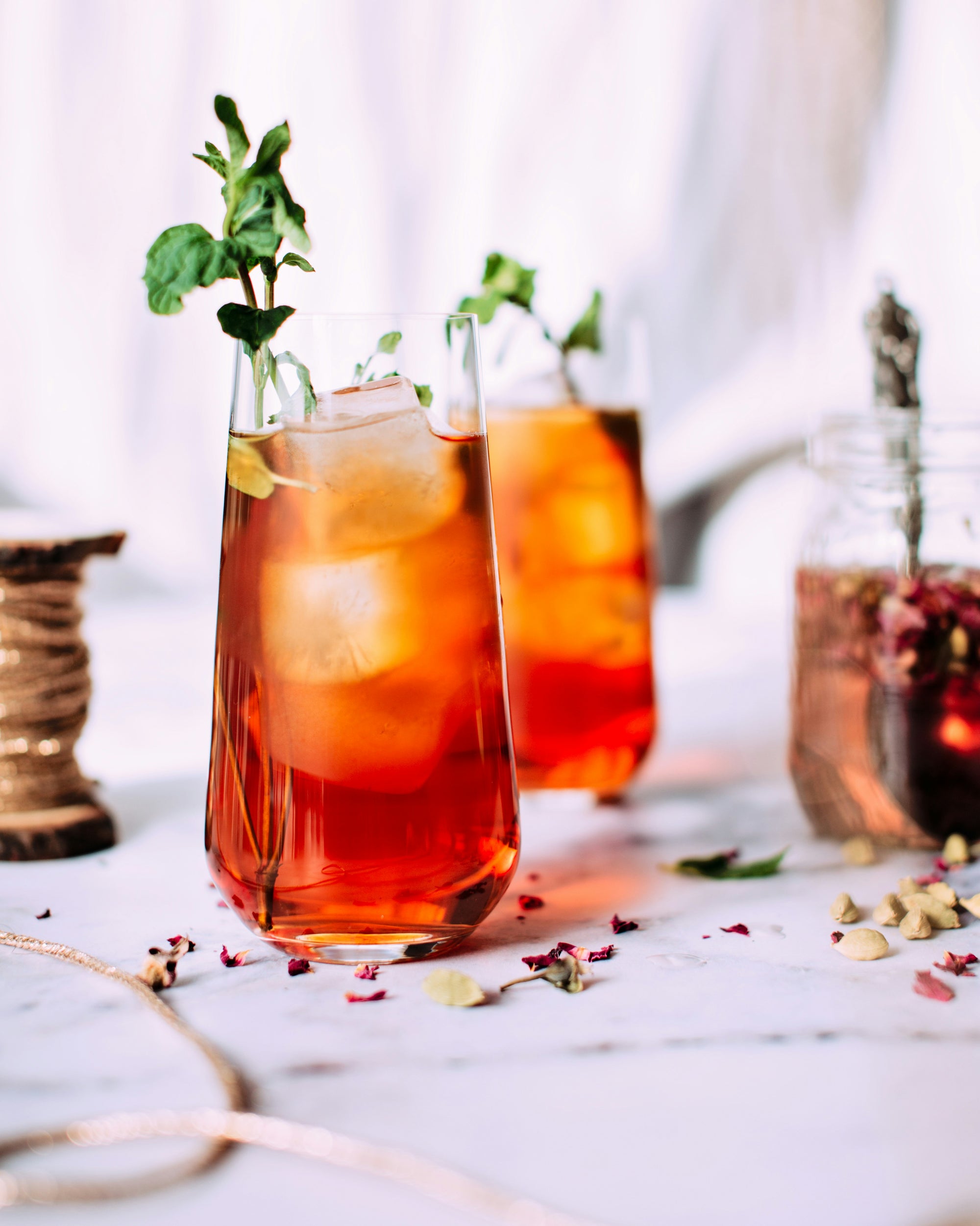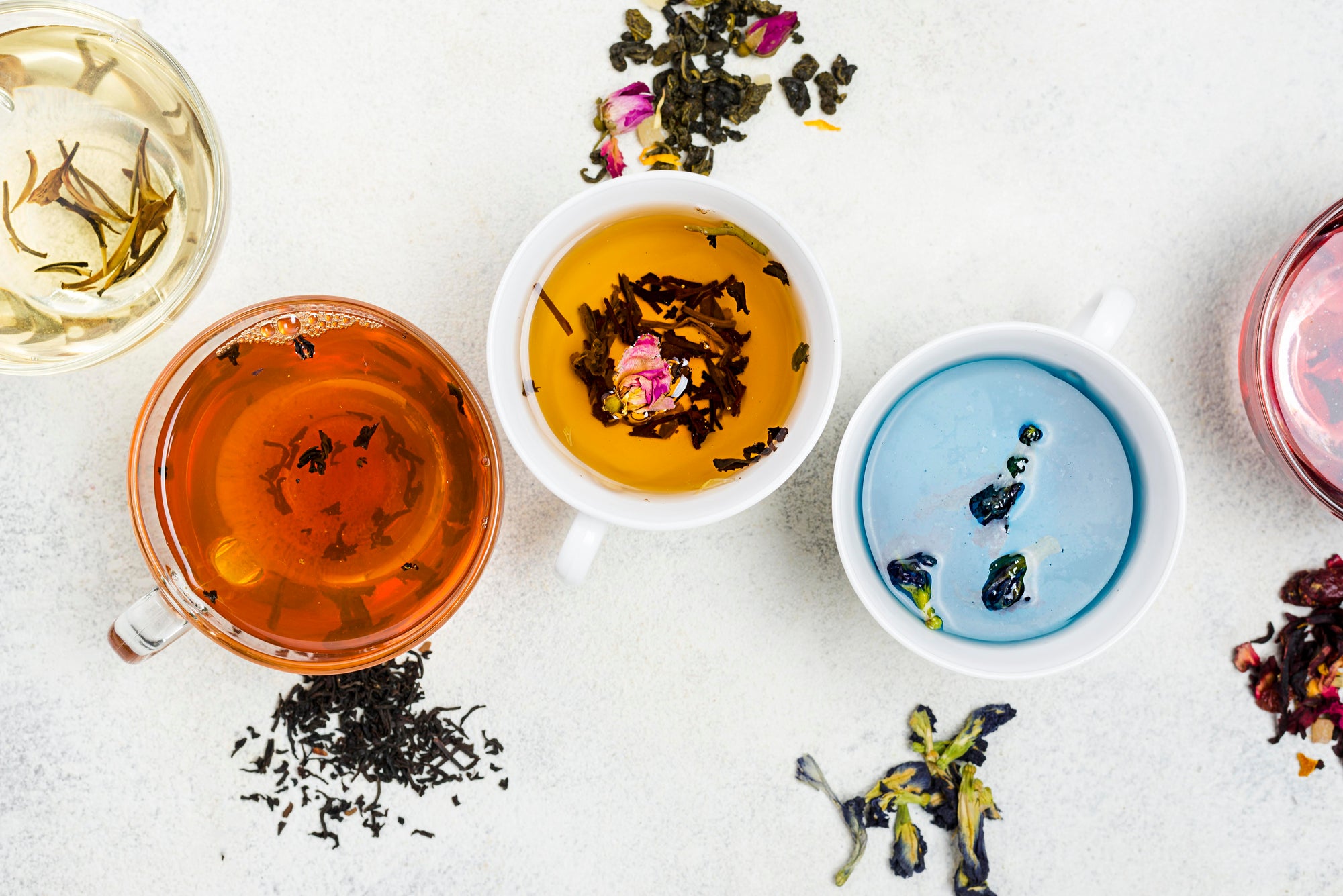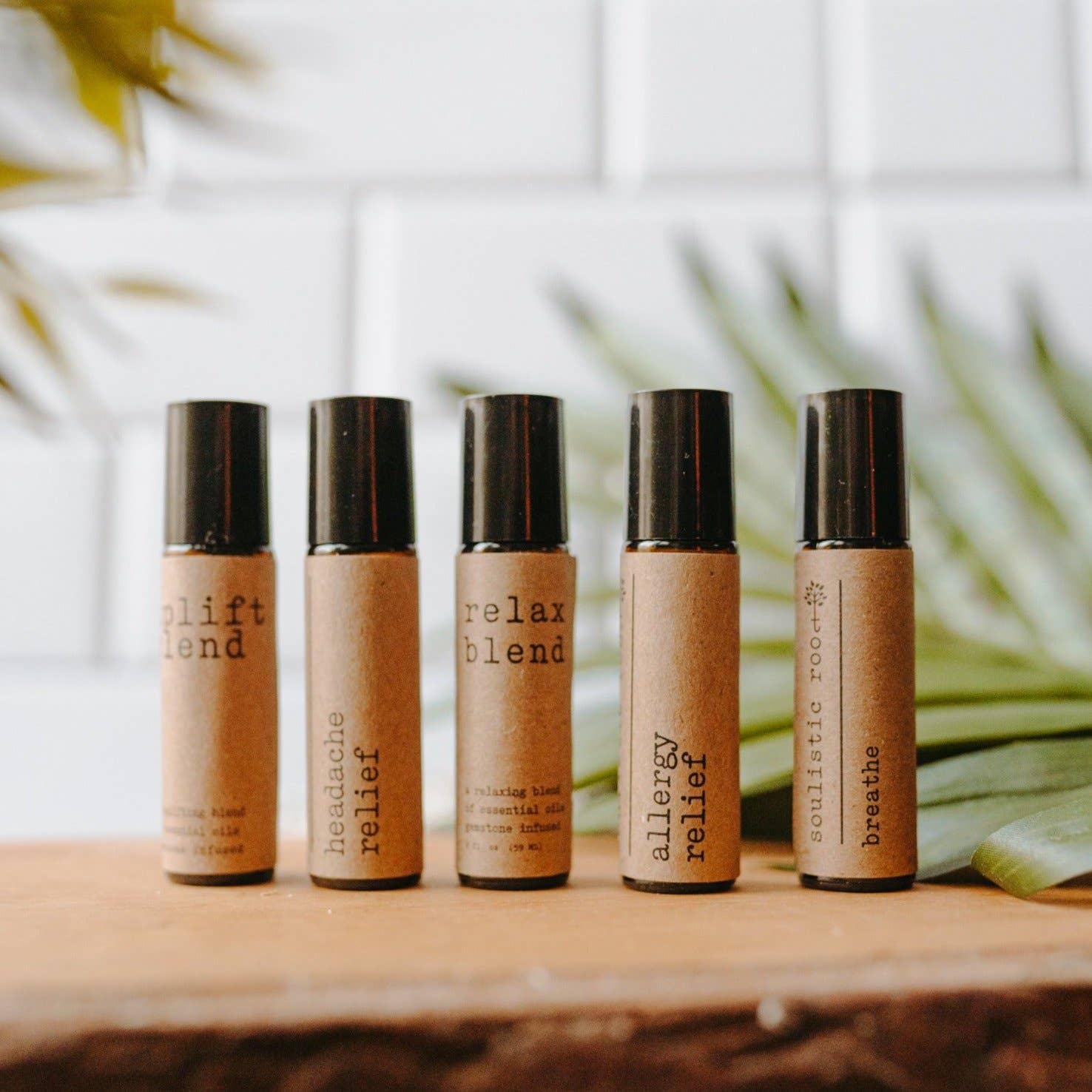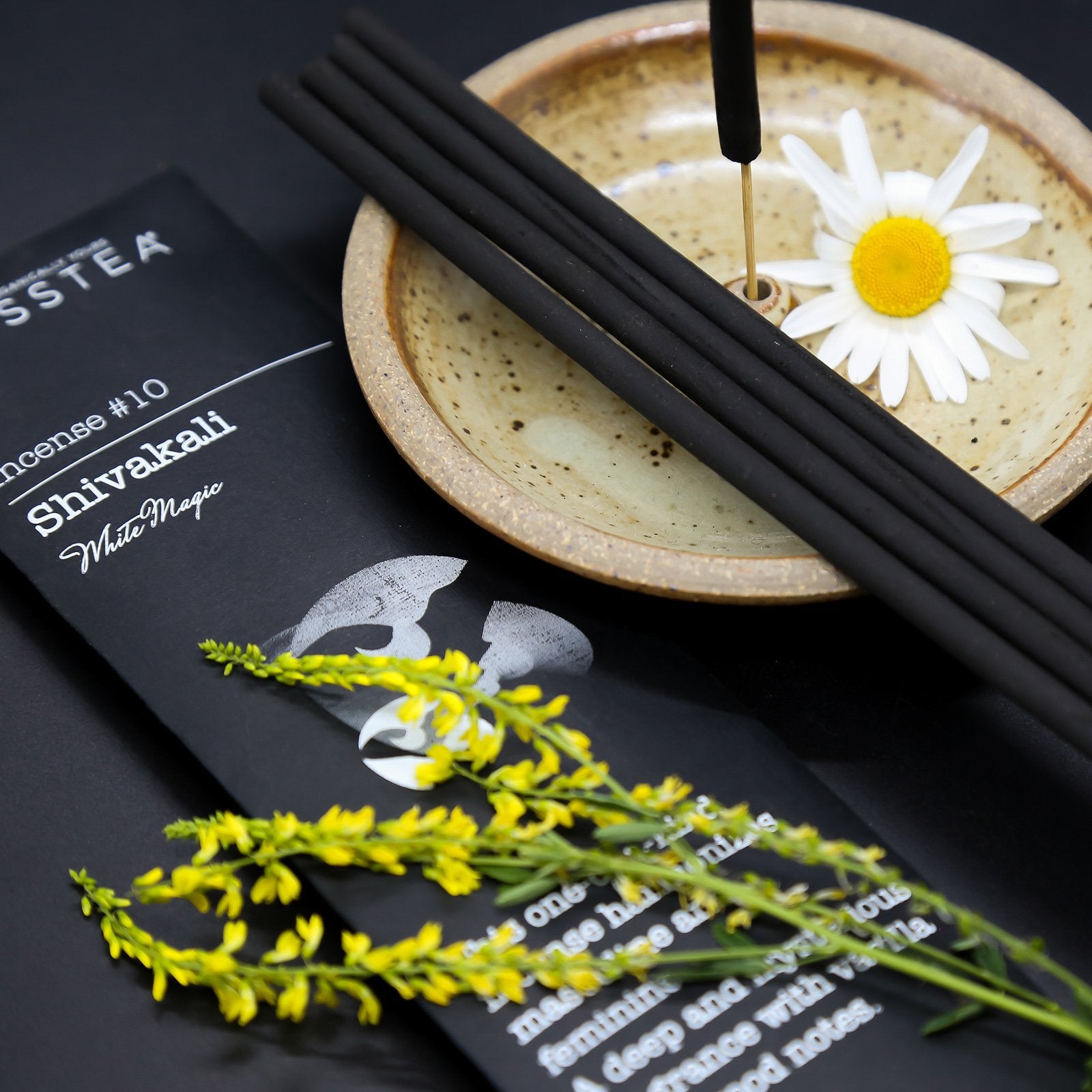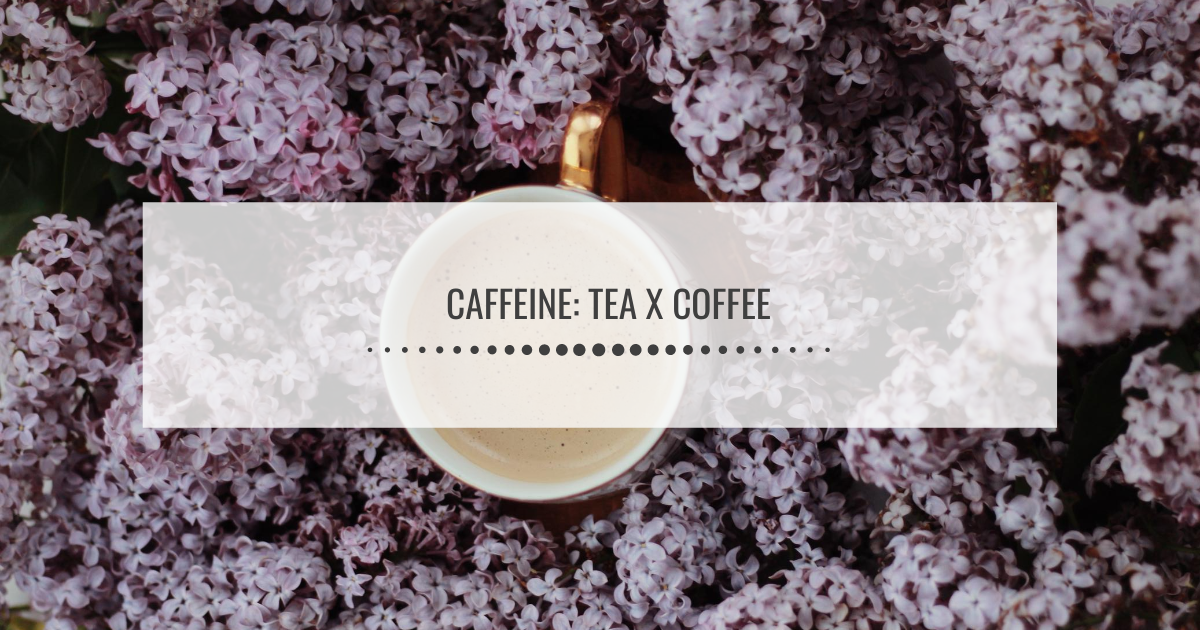
TEA VS. COFFEE
The endless question in caffeine drinker’s life: which caffeine is better? Coffee’s or tea’s ?
There is so much discussion about the amount of caffeine in a cup of tea compared to a coffee. But one thing to remember, coffee beans as well as tea leaves, are plants. Since we are talking about plants, their growing circumstances, since they were planted- until they found themselves in our mugs, have impact on their flavor, their smell, their quality and of course: their caffeine level.
Considering those many variables (such as elevation, water supply, weather, time of the year when picked, leaves maturation at the time of picking...) we can still talk about a few factors and effects that are proper to any of those plants:
Coffee
Coffee is prepared from roasted coffee beans, the seeds of coffee species. Coffee is known for having a lot of caffeine, and the reason is the brewing process. Preparing coffee involves the use of hotter water and beans, resulting in more caffeine per cup.
The caffeine in coffee can cause a “strong crash” compared to other caffeinated beverages. It means that you feel the effects faster and stronger, but they last less time, and than you may end up feeling more tired.
Depending on your caffeine sensitivity, you may also experience your heart beating faster and the need to use the bathroom more frequently. Since coffee plantations are known for the use of many chemicals, it is important to buy organic coffee, because those chemicals can also increase the side effects of coffee in your body.
That being said, it is also important to emphasize that coffee’s caffeine, drunk in healthy quantities (300 mg per day), and in good quality can help in relieving migraines, increase your fiber intake, protect your heart and it is a powerful stimulant.
Tea
Caffeinated teas such as Black, Green, Oolong, and White teas are made of the same plant, Camellia Sinensis. The leaves are dried in different processes that lead to different levels of caffeine and flavor. As much as we prefer to look at the caffeine level per tea harvest, we will try to make some generalizations.
The leaves of White tea are simply harvested and dried, with a sweet and mild flavor, White tea is considered to have a low amount of caffeine.
Green tea leaves are unoxidized. The leaves are heated in a process that halts oxidation, resulting in the same original bright green color of the leaves, a grassier flavor, and a higher level of caffeine.
Hojicha is a roasted green tea, so it is also non-oxidized. The difference is the roasting process that changes not only its color (reddish-brown) but also the level of caffeine, which is lower than other Green teas, with a nutty and roasted flavor.
Oolong teas are partially oxidized. The partial oxidation gives many oolongs the ability to travel far while staying fresh, maintaining their distinct flowery & earthy flavors. It is very hard to put the caffeine level of so many different types of Oolongs into one level.
Black tea is fully oxidized, which darkens the leaves and gives them a distinct bold taste and of course, Black Tea is considered to have the highest amount of caffeine.
The preparation of the tea is also important when it comes to caffeine levels. You can prepare a stronger cup without the "after-crash" of coffee. While enjoying a softer, smoother, and awakening experience, that lasts longer.
Also, compared to coffee, drinking tea is more soothing for your stomach as well.
Antioxidants
Antioxidants have multiple benefits like promoting fat loss and helping protect against cancer and heart disease. Coffee has its advantages, but tea is the one rich in these helpful substances. Green tea is famous for it, but white tea actually contains even more antioxidants. Coffee also contains antioxidants but in a lower concentration.
Less caffeinated options
If, like me, you are sensitive to caffeine, you should choose less caffeinated teas or herbal infusions. Herbal Infusions are delicious and are many times caffeine-free.
Decaffeinated teas or coffees require a chemical process to lose its property, so if you are looking for an organic option, go for drinks that are already caffeine-free, like a Rooibos Tea.
Both tea and coffee are capable of providing benefits. The best way to choose is to understand what your body needs and what helps you feel good and make choices that bring wellness to your daily routine.
I am a coffee and tea person and, yes, you can be both! One sip at a time:)
